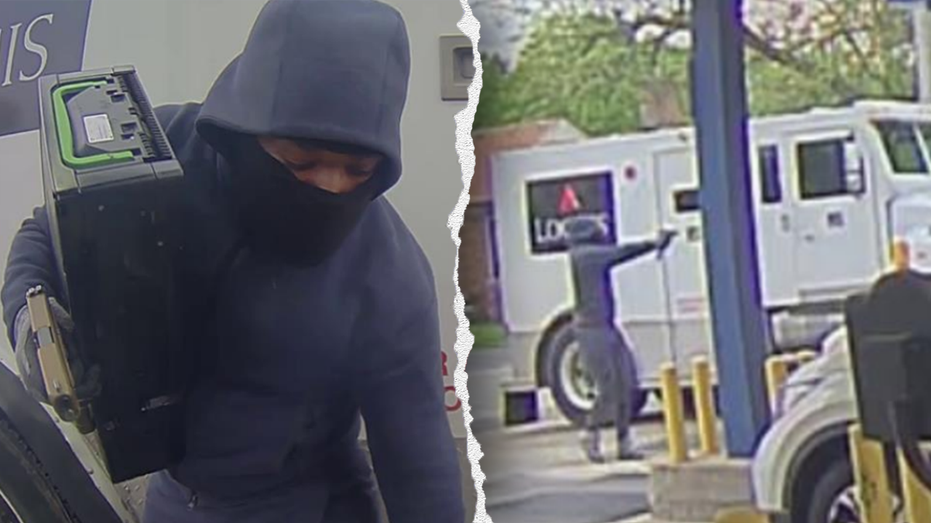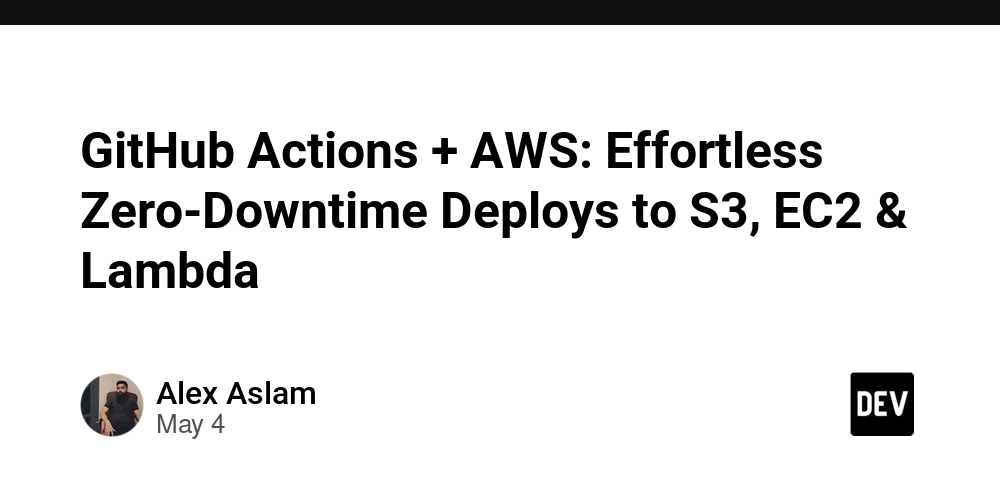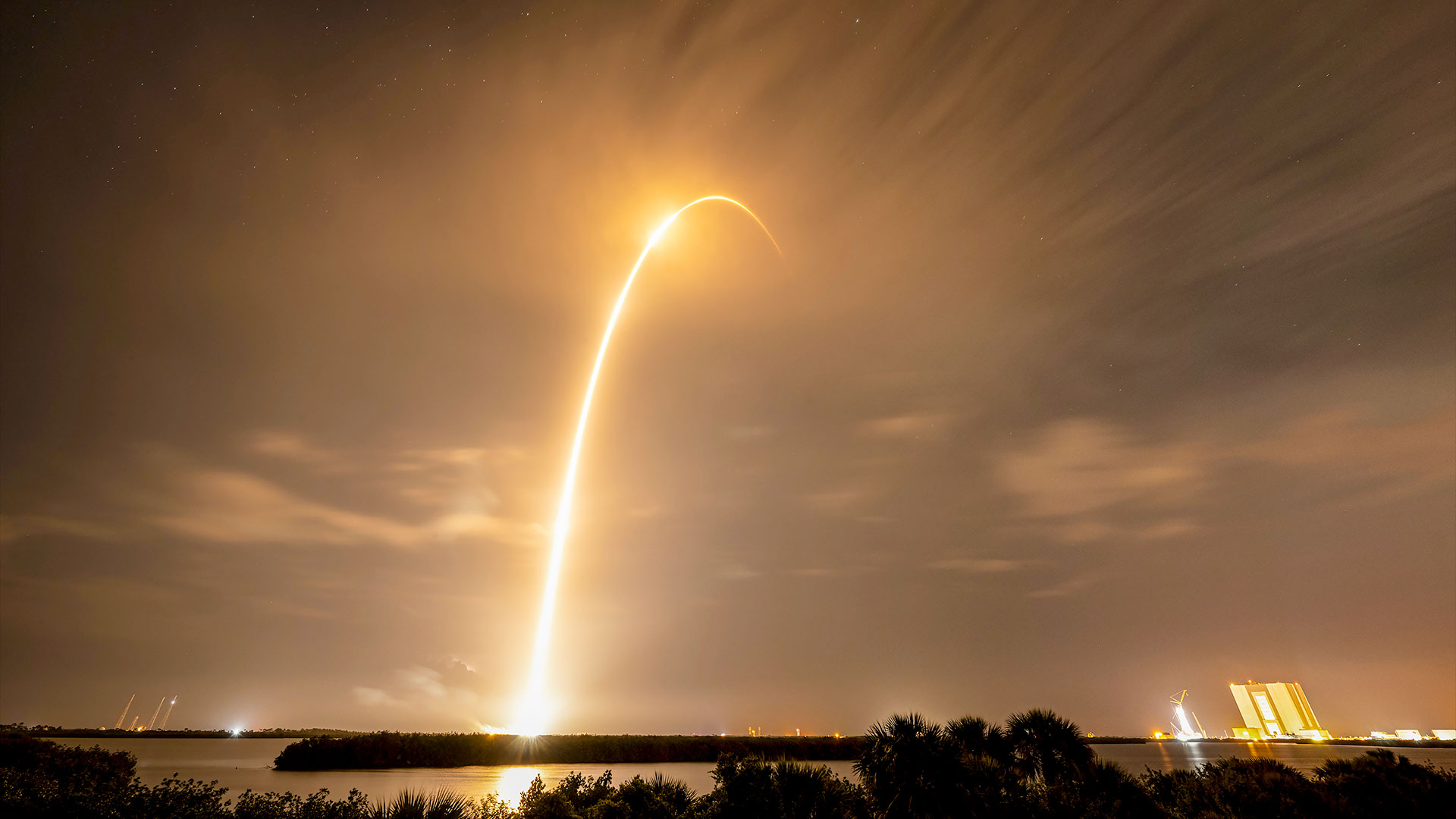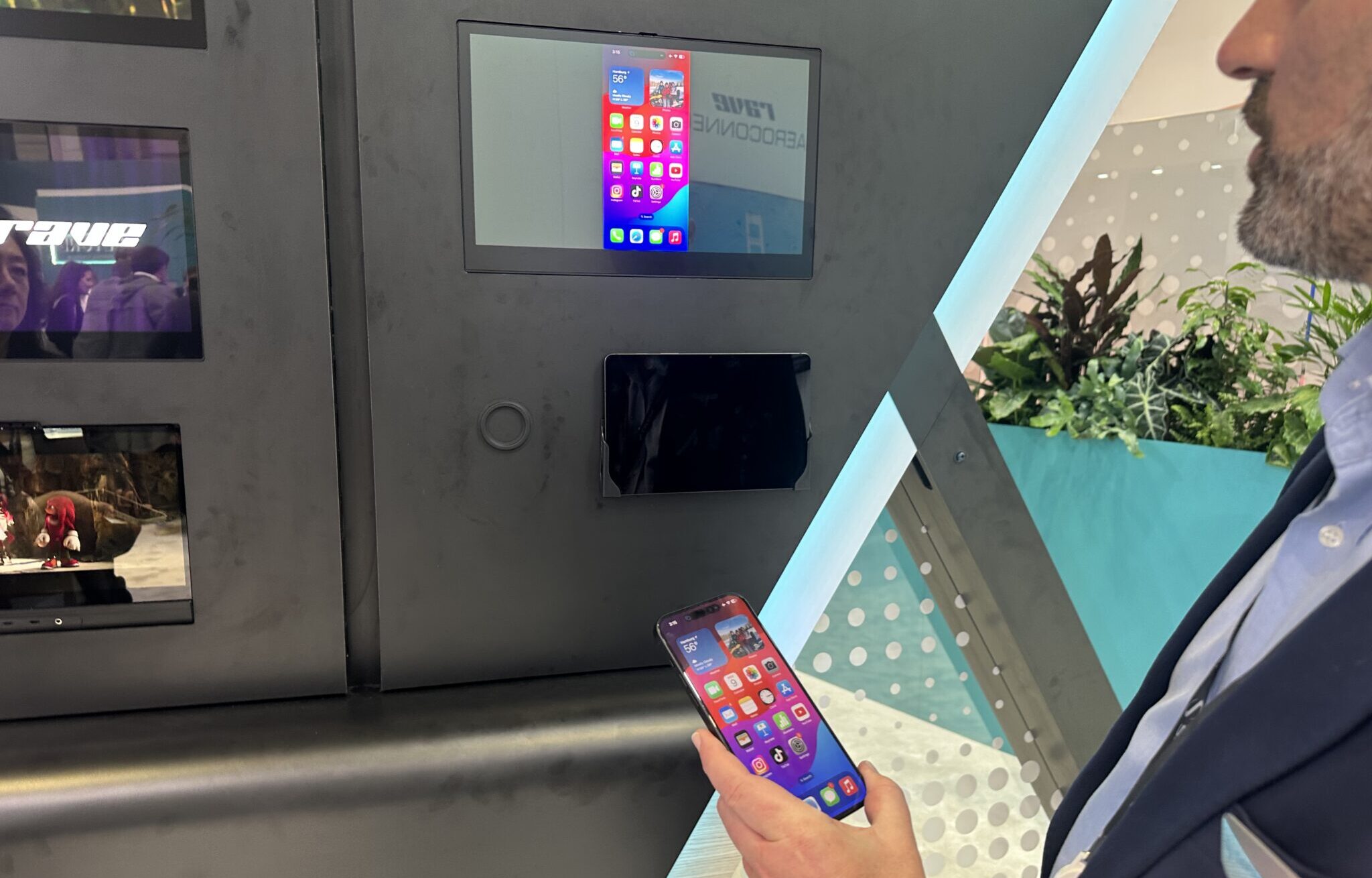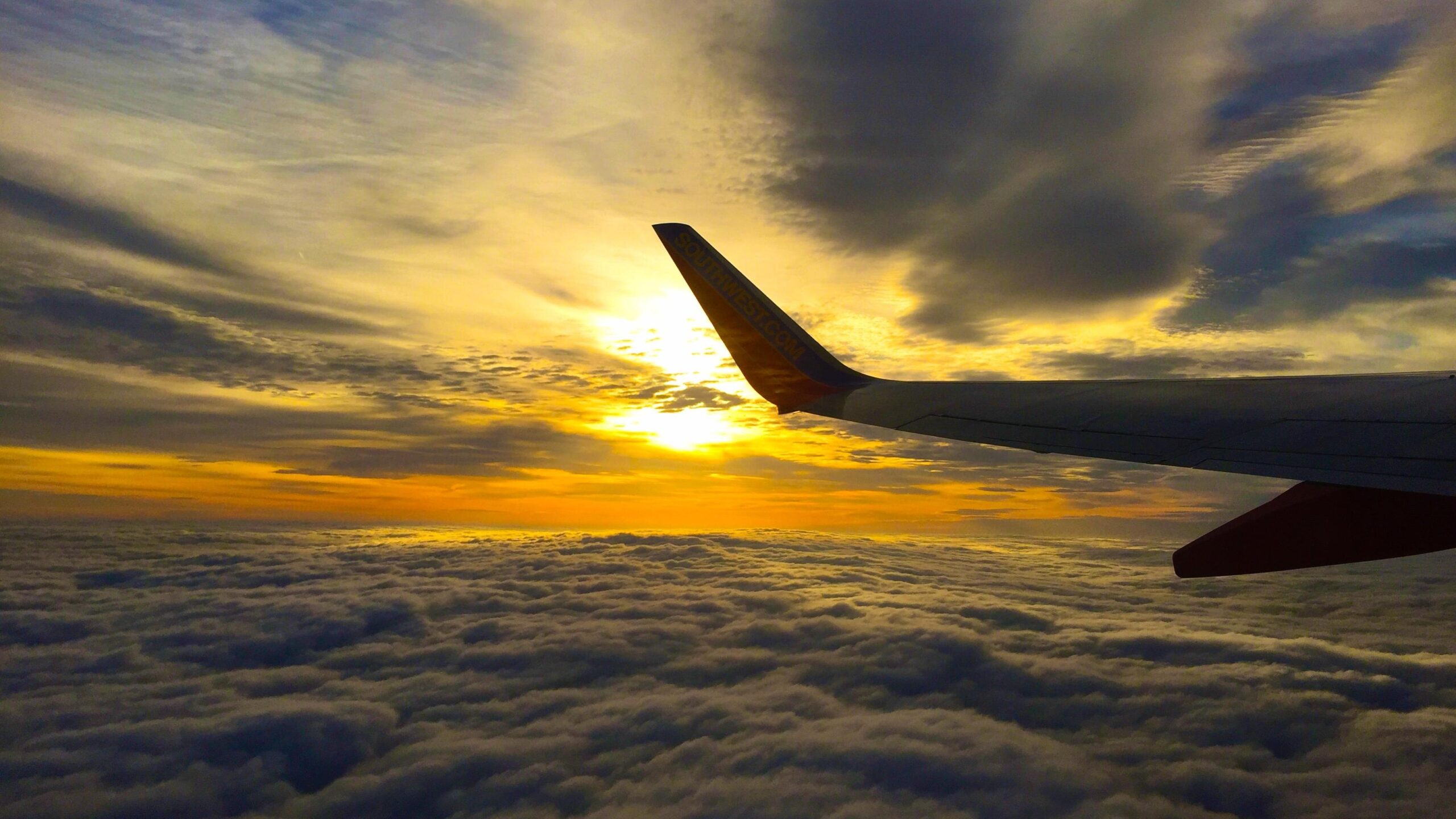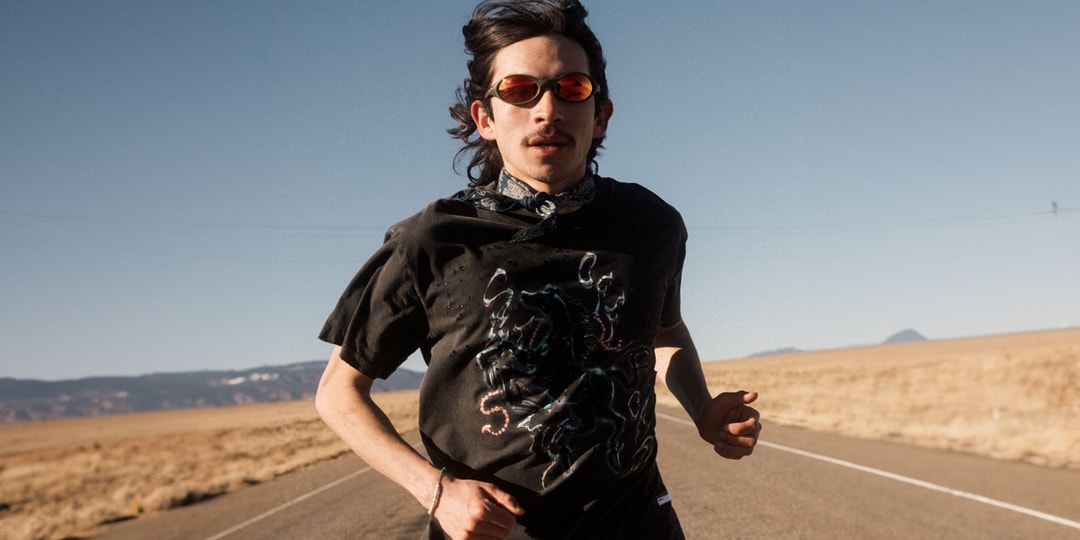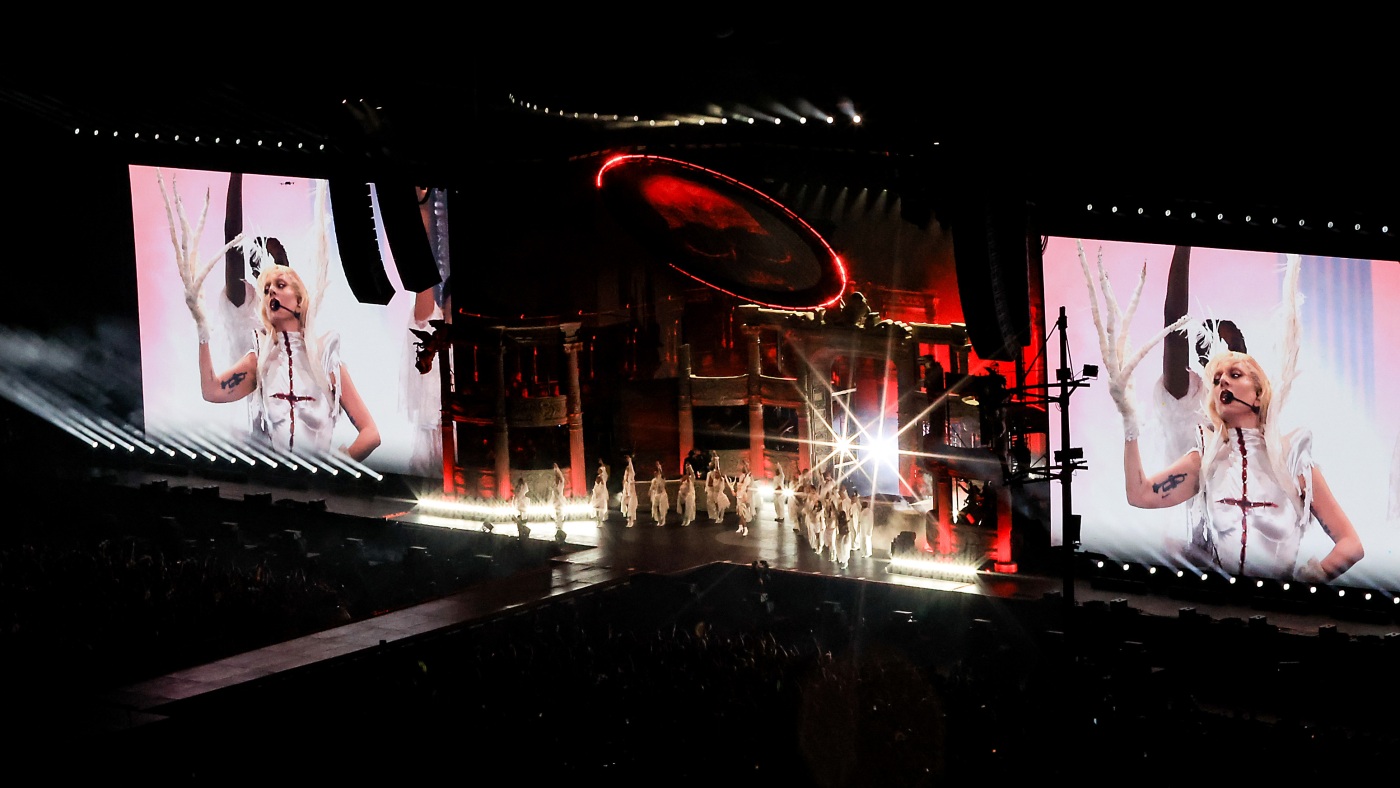NYU Demands Law Students Renounce Protests or Be Barred from Sitting Final Exams
After being banned from campus buildings following peaceful sit-ins, students said the disciplinary processes broke from school policies. The post NYU Demands Law Students Renounce Protests or Be Barred from Sitting Final Exams appeared first on The Intercept.

New York University School of Law barred 31 pro-Palestine law school students from campus facilities and demanded that they sign away their right to protest in exchange for being allowed to return. If the students — deemed “personae non grata,” or PNG — don’t renounce their right to protest on campus, they will be unable to sit for final exams.
“You may not participate in any protest activity or disruptive activity on Law School property,” says the so-called “Use of Space Agreement” sent to the students, which explicitly lays out conditions for being allowed to return to key campus buildings during the school’s “exam period.”
The law students, who spoke on the condition of anonymity to avoid further repercussions from the school, are accused of participating in sit-ins, a time-honored form of nonviolent demonstration that is allowed according to NYU policy. The sit-ins on March 4 and April 29 took place, respectively, at the school’s Bobst Library and outside the office of the law school dean. (NYU did not immediately respond to requests for comment.)
“What we’ve seen is a complete violation of our campus norms.”
Barring the students from campus and demanding they refrain from protesting represents a dramatic escalation against NYU students involved in demonstrations against Israel’s war on Gaza — breaking with school policy and upending precedents for disciplinary procedures, said seven of the PNG students who spoke with The Intercept, as well as other NYU students and faculty.
“What we’ve seen is a complete violation of our campus norms,” said Andrew Ross, a sociology professor who was himself barred from campus buildings in December before the school reversed the decision three weeks later. “If you take a step backward and see the walled-off campus spaces and heavily-patrolled entrances to buildings, the uniformed security personnel everywhere, this advanced security infrastructure, and all these new rules that have been established on the fly regarding speech and conduct — this is a very, very exceptional violation of every kind of campus norm that we were accustomed to.”
“Vague and Arbitrary”
According to emails to the students obtained by The Intercept, they are barred from campus while under investigation for failing to comply with directives from public safety, including to leave the areas of their sit-ins, and of disruptive conduct. NYU conduct policies say any protests at libraries are disruptive, but the law students pointed out that they were protesting outside NYU president Linda Mills’s office on the top floor of Bobst Library.
“The school’s policies are vague and arbitrary enough to be wielded in any situation against any kind of speech the university looks down upon, particularly pro-Palestine speech,” said a law student who received a PNG notice. “The school claims protests are banned in the library, which is conveniently where the main administrative offices, including the Office of the President, are located.”
While at the protests, the students were handed fliers quoting from the “failure to comply” and “disruptive conduct” rules, according to photos reviewed by The Intercept.
“No site or forum is acceptable to the university when it comes to pro-Palestine speech.”
“The school explicitly outlines sit-ins as permitted,” said a second student. “But as soon as they don’t like the sit-in or protest happening, they tell people to stop and, when they don’t, they then hand people policies on ‘failure to comply’ with orders. So, in essence they are communicating that they can immediately make any protest they want a violation of the rules based on whether they are amenable to the content.”
NYU students and faculty pointed to past protest actions that did not result in similar repressive sanctions as evidence that pro-Palestine organizers are being disproportionately punished because of their political beliefs. In 2015, for instance, a group of students staged a die-in in the library over Black Lives Matter, but did not face disciplinary consequences.
That same year, students staged a sit-in on the 12th floor of Bobst calling for the university to divest from fossil fuels. Students were granted a meeting with board of trustee members after the sit-in — and the school eventually divested from fossil fuels in 2023.
“The divestment sit-in at the same location in Bobst led to actual divestment from fossil fuels,” said the first PNG student. “There have been dozens of sit-ins in campus libraries since October of 2023, with no punishment meted out. Yet it seems the proximity of our action to the president’s office, and the clarity of our demands, made the university more eager to apply the rules to our group.”
“The truth is that no site or forum is acceptable to the university when it comes to pro-Palestine speech.”
The Law Student Sit-Ins
The PNG law students were themselves protesting NYU’s decision to suspend a group of 13 undergraduate students and 3 graduate students in December. The suspended students had participated in a sit-in protest at the university president’s office in Bobst Library demanding that NYU divest from Israel. For months, NYU’s administration stonewalled organizers who sought to intervene on behalf of the suspended students. Then, on March 4, the law students staged their own peaceful 8-hour sit-in at Bobst in support of the suspended students.
Later that day, Craig Jolley, the associate dean of students at NYU, emailed 28 law students who had allegedly participated in the sit-in to say that the protest violated university conduct policy and they had been referred to NYU School of Law’s executive committee for formal disciplinary review. The email noted the students were prohibited from accessing any university locations for any purpose aside from attending a scheduled class or entering an assigned residence hall.
Students barred from campus after the March 4 protest said the swipe function on their IDs was disabled as soon as they received Jolley’s email. They immediately began encountering issues accessing their assigned residences, health services, the gym, and religious centers. Among the group were Muslim students who were denied access to the NYU Islamic Center during Ramadan.
On March 7, Jolley clarified that the barred students should be permitted to access health centers, but with ID swipe disabled, students said access was permitted on an ad hoc basis by campus security officers. After they were stopped and questioned by campus security, at least one barred student missed an appointment for gender-affirming care at the health center — an appointment granted only after getting off a monthslong waitlist. On March 21, the law school notified PNG students they could now access religious centers, provided they email the school outlining specific dates, times, and information on their intended religious practice.
On April 29, a separate group of law school students who had not received PNG notices staged another sit-in, this time outside the law school dean’s office. Two days later, on May 1, three of those law students received PNG notices — and all 31 PNG law students received emails from the school demanding that they renounce protesting so that they would be allowed to return to the campus facilities and sit final exams.
“Making Up Its Own Rules”
The law school’s disciplinary process has historically been autonomous from the broader university, with more “due process” baked into its policies. The law school, nonetheless, appears to not have followed even its own rules in the case of the pro-Palestine protesters: the students say they were never served with the required formal complaints and the 20-day window for the university to investigate the alleged misconduct expired more than a month ago.
“There’s tremendous inconsistency across the schools, and sometimes even within the schools, about how things are done, and the law school does seem to be making up its own rules right now about how things are done,” said Sonya Posmentier, an English professor at NYU who, along with Ross, was one of two tenured faculty members that received PNG sanctions related to the December sit-in. “Universities have started to make this very erratic, on the fly, punitive response to protest really, really commonplace. At this point, there is not one place on campus ‘private property’ where students can protest without fear of pretty draconian repercussions.”
“At this point, there is not one place on campus ‘private property’ where students can protest.”
On April 20, attorneys for some of the law students pressed law school administrators on the decision to impose PNG restrictions — which, as an ostensibly interim measure, violates NYU law school requirements for due process, the students’ lawyers said. The lawyers also said administrators had failed to adhere to the law school policy’s timeline. In response, according to an email exchange obtained by The Intercept, a lawyer with NYU’s general counsel said that the school was conducting only a “preliminary factual inquiry” to determine whether any rule had been violated and determine if a formal or informal disciplinary process was required. According to a policy guide, formal disciplinary processes are reserved for “severe violation of university or Law School policy,” such as “serious violations of academic integrity or threats or acts that imminently endanger members of the community.”
William Miller, the lawyer with the general counsel’s office, wrote that the preliminary investigation into what kind of process to undertake obviates the objection: “The 20-day timeline that you reference in your letter is therefore not applicable.” (Miller did not immediately respond to a request for comment.)
Miller said in the email that NYU had retained the firm Latham & Watkins to assist in the investigation of the PNG students — one of the Big Law titans that cut a deal with the Trump administration to carry out millions of dollars of pro bono work.
The Dean’s Office
Another group of law students met with NYU Law School Dean Troy McKenzie on April 28 to demand explanations for their fellow students’ PNG status and raise concerns that the school’s partnership with Latham & Watkins could potentially imperil pro-Palestine students. Students said they felt they were granted the interview because they did not request it under the auspices of Law Students for Justice in Palestine and instead focused the intent of the meeting on student disciplinary proceedings.
Even so, the students said McKenzie did not offer answers.
“He abdicated any sort of agency he had in the decision-making process,” said one law student at the meeting. “We said, ‘We hear you, what can you offer us?’ And he said absolutely nothing.”
That’s when law students decided to stage the second sit-in outside of McKenzie’s office on April 29. It lasted around four hours. (McKenzie did not immediately respond to a request for comment.)
On May 1, three law students who participated in the second sit-in received notice that they too were now under PNG status due to “particularly egregious” conduct and another 15 law students received a warning that they were under investigation. The students bristled at having their conduct called “egregious,” noting that the protesters left the office area before 5 p.m. when it closed.
The 31 total PNG students then received an email that their interim access restrictions would continue unless they signed the “Use of Space” agreement that said they cannot access the academic buildings where their final exams are held unless they pledge not to participate in protests at the law school. Exams, which count for 100 percent of a student’s final grade, start Monday.
One law student and pro-Palestine organizer who was declared PNG in March noted that some students’ pro bono work — including deportation defense and civil rights lawsuits — is carried out in a building that they are now unable to access unless they sign the agreement.
“Not being able to put our full energy and do client meetings,” said the student, “as an official legal services provider is not only impeding our ability to comply with our professional responsibilities as legal representatives but also putting our clients’ lives at risk.”
Targeting Leaders?
As of May 2, nearly 300 NYU students, alumni, and community members, as well as groups like the graduate student union, NYU Law Latinx Law Students Association, and NYU Law Jews for Palestine signed an open letter to the administration expressing concerns over the school’s indefinite use of PNG status with no due process.
Ross, the sociology professor, noted that the use of disciplinary actions seems to be part of a national strategy to target leaders in pro-Palestine movements on campus.
“The point of the suspensions is to take out student leaders, to withdraw them from the field of deployment, and they’ve been very successful at doing this,” said Ross. “At NYU, the ranks of student leaders have really been depleted by this strategy over the last year.”
“While some of the responses have been inconsistent and seemingly random,” he said, “I do think they have been aimed overall at targeting the leaders.”
The post NYU Demands Law Students Renounce Protests or Be Barred from Sitting Final Exams appeared first on The Intercept.
